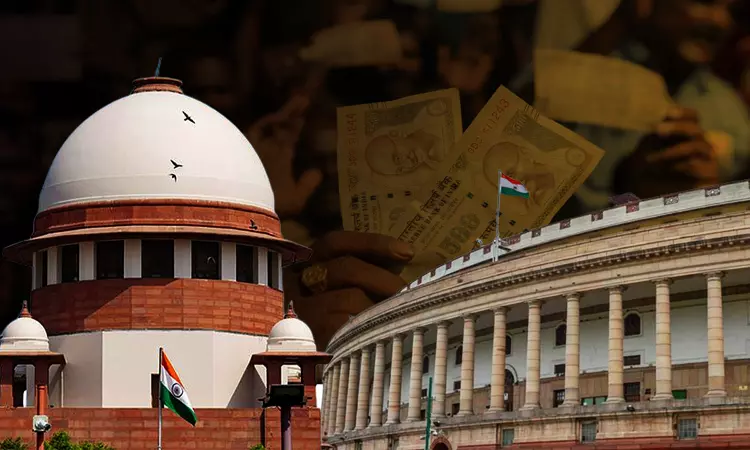Discussion In Parliament On Demonetisation Would Have Given It Legitimacy : Justice BV Nagarathna
LIVELAW NEWS NETWORK
2 Jan 2023 7:06 PM IST

Next Story
2 Jan 2023 7:06 PM IST
Supreme Court judge Justice BV Nagarathna, who penned a dissenting judgment to declare the 2016 demonetisation as illegal, opined that the Central Government could not have demonetised the whole series of bank notes of Rs.500 and Rs.1000 through a mere executive notification. The judge expressed the view that such a measure had to be carried out through a plenary legislation."Such...
